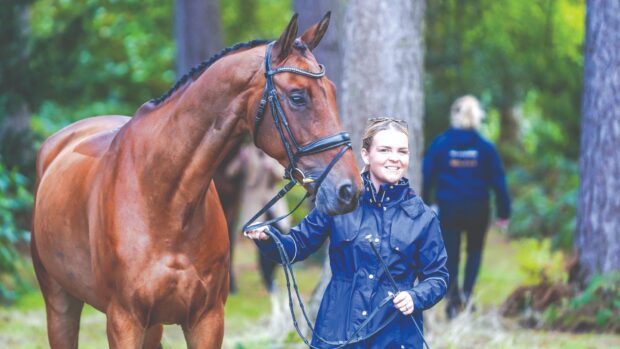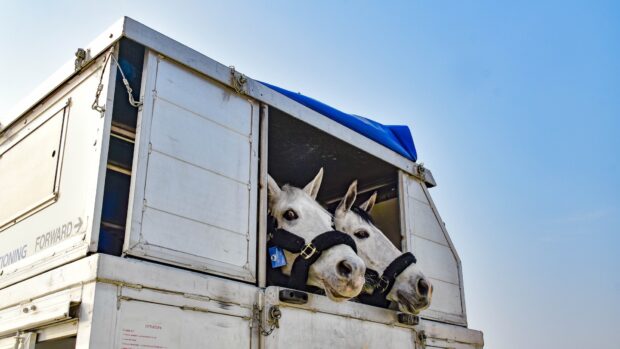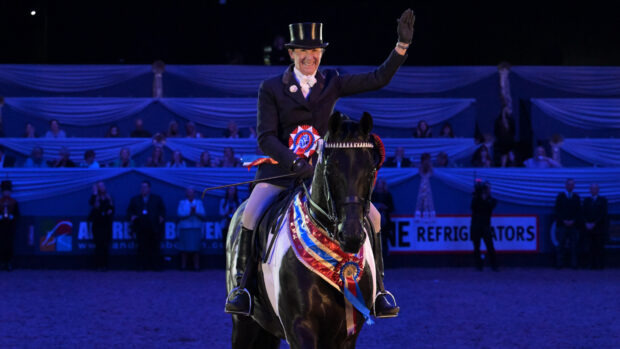Researchers in Argentina have produced what is believed to be the world’s first genetically edited horse embryo.
The team worked with cloned embryos using CRISPR/Cas9 technology, which enables scientists to edit portions of the DNA sequence precisely, to try to knock out the myostatin gene (MSTN), which negatively regulates muscle mass development.
The gene has previously been studied and edited in other mammals, particularly with a view to increase meat production in cattle, sheep, goats and pigs and to enhance sports performance in dogs.
Previous work on a natural mutation in the gene in horses had suggested that MSTN expression levels could affect performance ability, giving faster horses for shorter distances when there was lower MSTN expression.
“On the basis of these studies, we decided to edit MSTN to generate knocked-out horse embryos by somatic nuclear cell transfer [taking an enucleated egg cell and implanting a donor nucleus from a body cell to create a viable embryo] and consider other point editions in the future that could enhance sport performance in horses,” the studies authors, Lucia Natalia Moro and others, said.
While cloning of horses has already become widespread, there have not been examples of genetic modification in horses to date, and the researchers suggest the two techniques could be successfully combined to create what would essentially be bespoke foals.
“In the last 17 years, horse cloning has focused on multiplying valuable individuals mainly because of commercial interests,” the researchers said in the work, published in the journal Scientific Reports last week (24 September).
“The strongest advantage of this technique is the genome conservative property, so that the cloned foals invariably ‘inherit’ the original genotype. However, this technique can be even more powerful when it is combined with gene editing, to obtain horses with the genetic background of the original individual and new desired characteristics in one generation and in a non-random way.”
Continues below…

How a cloned Przewalski’s foal could help save species from extinction *H&H Plus*

Future perfect? The possible ethical issues of genetic technology *H&H Plus*
Genetic technology offers us the potential to beat equine disease and boost performance, but how far should we go? Dr

Subscribe to Horse & Hound magazine today – and enjoy unlimited website access all year round
The study’s authors added that in the future, the main applications for genetic modification in horses would be likely to focus on “disease resistance, genetic disease reversion and sportive performance improvement”.
The successful research concluded that CRISPR/Cas9 had proved an “efficient method to edit the horse genome” with “high specificity”.
Adapting this technology sport advantageous alleles could be generated, and a precision breeding program could be developed,” they authors said.
The full report is available online.
Horse & Hound magazine, out every Thursday, is packed with all the latest news and reports, as well as interviews, specials, nostalgia, vet and training advice. Find how you can enjoy the magazine delivered to your door every week, plus options to upgrade to access our H&H Plus online service which brings you breaking news as it happens as well as other benefits.




